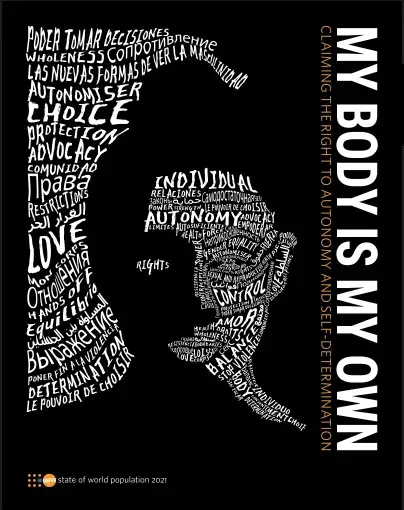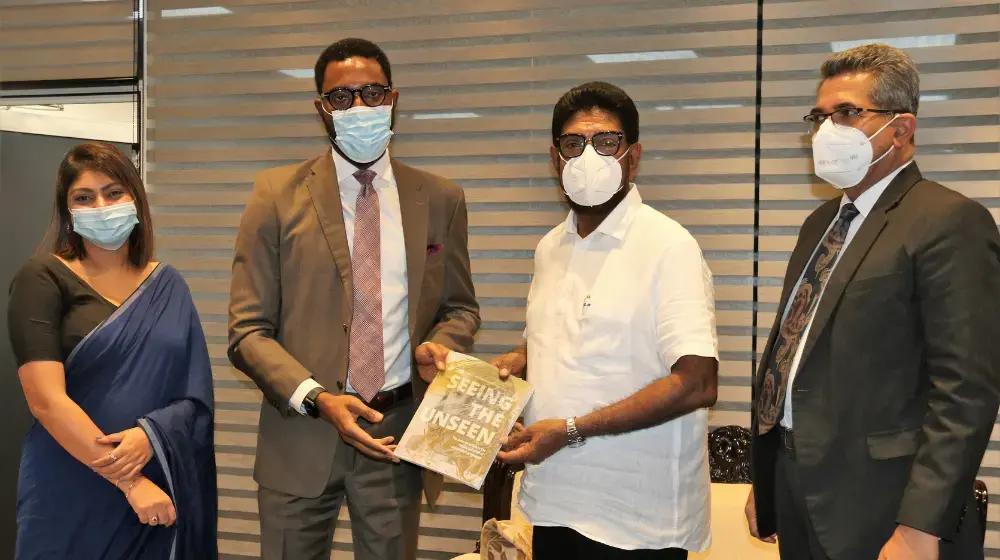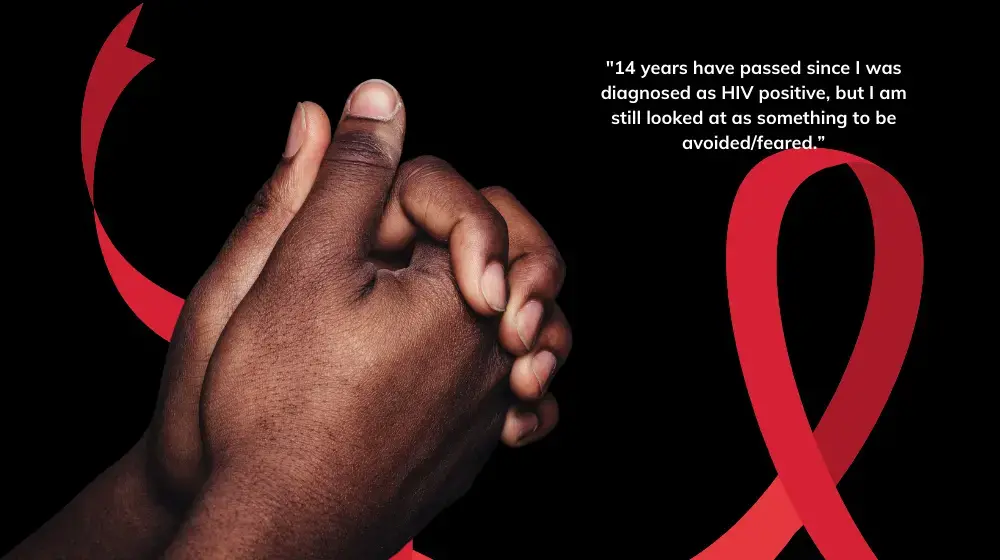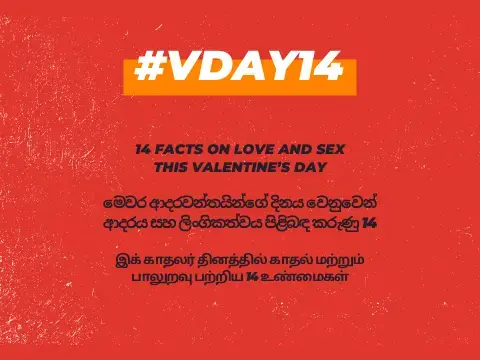In 2019, the Nairobi Statement called for the protection of individuals’ right to bodily integrity, autonomy and to provide access to essential services in support of these rights, building on international commitments in the 2030 Agenda for Sustainable Development. Further momentum has come this year through the Generation Equality Forum, which is building on the achievements of the 1995 Fourth World Conference on Women to aim for gender equality by 2030.
Through the 2021 State of World Population (SWOP) UNFPA is highlighting why bodily autonomy is a universal right that must be upheld. The 2021 SWOP report, entitled “My body is my own: Claiming the right to autonomy and self-determination,” will be the stepping stone for UNFPA’s advocacy and communications around the topic of bodily autonomy throughout 2021.
The report covers many aspects of bodily autonomy but centers on SDG indicator 5.6.1, which measures women’s power to make autonomous decisions about health care, contraception, and saying no to sex with their husbands or partners. The report also covers indicator 5.6.2, which assesses how countries’ laws and policies support or hinder sexual and reproductive health and rights.





